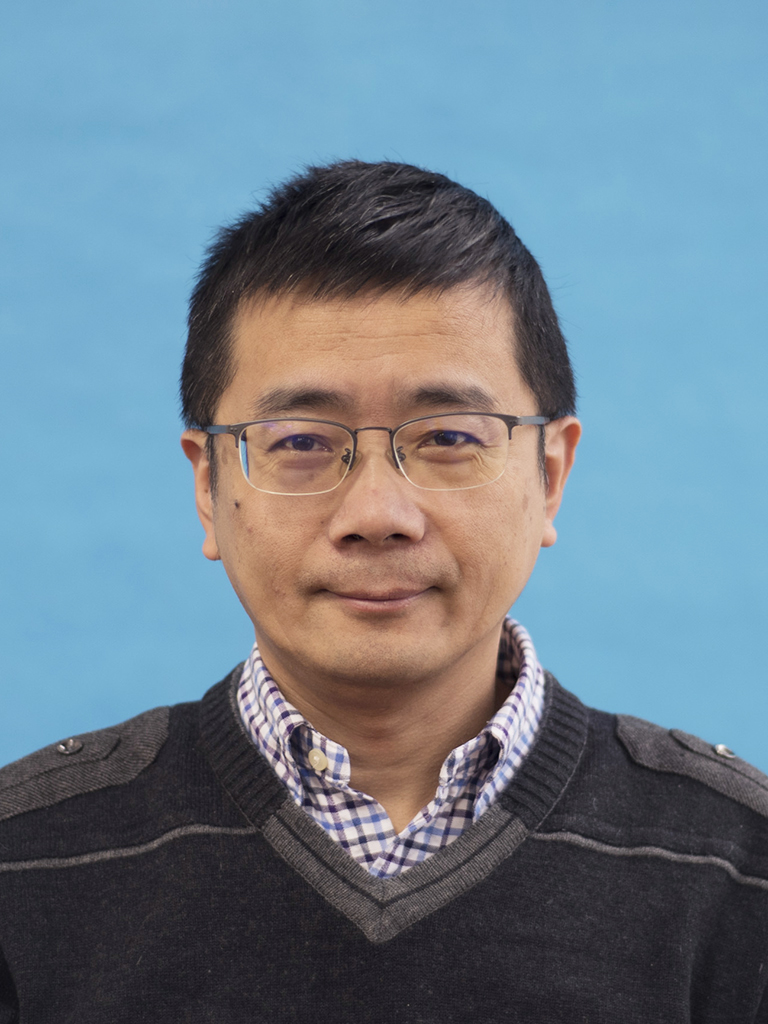
Biochemistry and Molecular Biology课程简介:前往报名学习
Biochemisty and Molecular Biology is a subject studying the essence of life at molecular level. It has an extensive connection and crosstalk with the biology and basic medicine. Furthermore, it has a close association with clinical medicine and help to elucidate clinical pathogenesis at molecular level and solve clinical problem on disease prevention, diagnosis and treatment. The progress of theory and experimental technology plays an important role in the development of life science.
播放:560次,课程ID:4076297
Biochemisty and Molecular Biology is a subject studying the essence of life at molecular level. It has an extensive connection and crosstalk with the biology and basic medicine. Furthermore, it has a close association with clinical medicine and help to elucidate clinical pathogenesis at molecular level and solve clinical problem on disease prevention, diagnosis and treatment. The progress of theory and experimental technology plays an important role in the development of life science.
--1.1 The molecular composition of proteins
--1.2 The molecular structure of proteins
--1.3 The relationship between structure and function of proteins
--1.4 The physical and chemical properties of amino acids and proteins
--2.1 The chemical composition of nucleic acid
--2.2 The structure and function of DNA
--2.3 The structure and function of RNA
--2.4 The physical and chemical properties of nucleic acid
--3.1 The molecular structure and function of enzymes
--3.2 The working principle of enzymes
--3.3 The kinetics of enzyme catalyzed reactions
--3.4 The regulation of enzymes
--5.1 Overview of Metabolism of Carbonhydrates
--5.2 Anaerobic Oxidation of Carbohydrates
--5.3 Aerobic Oxidation of Carbohydrates
--5.4 Pentose Phosphate Pathway and Favism
--5.5 Glycogenesis and Glydogenolysis
--5.6 Gluconeogenesis and Lactic Acid Cycle
--5.7 Blood Glucose and Its Regulation
--6.1 The Chemistry and Function of Lipids
--6.2 The Digestion and Absorption of Lipids
--6.3 Metabolism of Triglyceride
--6.4 Metabolism of Phospholipids
--6.5 Metabolism of Cholesterol
--6.6 Plasma Lipoproteins and its Metabolism
--7.1 Biological Oxidation
--7.2 Respiratory Chain
--7.3 Oxidative Phosphorylation
--7.4 Other Oxidative and Antioxidative Systems
--8.1 Proteins Function and Nutrition
--8.2 Proteins Digestion, Absorption and Putrefaction
--8.3 The General Metabolism of Amino acids
--8.4 Metabolism of Ammonia
--8.5 Metabolism of Individual Amino acid
--9.1 Metabolism of Purine Nucleotides
--9.2 Metabolism of Pyrimidine Nucleotides
--9.3 Anti-metabolites and Anti-tumor drugs
--10.1 Integration of Metabolism
--10.2 Metabolism Characteristics of Important Extrahepatic Organs
--10.3 Regulation of Metabolism
--11.1 Biotransformation
--11.2 Metabolism of Bile acids
--12.1 Metabolism of Erythrocytes
--12.2 Bile Pigment Metabolism and Jaundice
--13.1 Structure and Function of Eukaryotic Genes
--13.2 Characteristics of Eukaryotic Genomes
--14.1 DNA Replication Features and Enzymology
--14.2 DNA Replication Process
--14.3 Reverse Transcription
--15.1 DNA Damage and Repair
--16.1 Transcription
--16.2 Prokaryote Transcription
--16.3 Eukaryote Transcription
--16.4 Post-transcription Process
--17.1 Protein Biosynthesis System
--17.2 Protein Biosynthesis Process
--18.1 Basic Concepts and Characteristics of Gene Expression Regulation
--18.2 Prokaryote Gene Expression Regulation
--18.3 Eukaryote Gene Expression Regulation
--19.1 Summary of Cell Signal Transduction
--19.2 Intracellular Signal Transduction Molecules
--19.3 Signal Transduction Pathways
--20.1 Nucleic acid Hybridization and Blotting Technique
--20.2 Principle and Application of PCR Technique
--21.1 Enzymes and Vectors of Recombinant DNA Technology
--21.2 Basic Principles of Recombinant DNA Technology
--22.1 Oncogene and Tumor
--22.2 Tumor Suppressor Gene

孙军,1970年生,湖北武汉人,理学博士,教授。现任职华中科技大学同济医学院基础医学院生物化学与分子生物学系。中国生物化学与分子生物学会理事,湖北省生物化学与分子生物学学会秘书长。校MOOC课程负责人。基础医学院PBL教学团队负责人。2018年获宝钢优秀教师奖。 一直从事生物化学与分子生物学的教学与科研工作。2007-2008年荷兰莱顿大学访问学者。承担国家自然科学基金2项,参与十余项;承担863子课题1项;主持湖北省卫生厅科研项目1项,发表SCI论文20余篇。主编“十二五”国家级规划教材1本,辅助教材2本,参编人民卫生出版社五年制规划教材,另主编副主编教材5本。发表教学论文2篇。先后主持校级教学研究项目7项。获湖北省教学成果一等奖一项;第四、五届全国大学生基础医学创新论坛暨实验设计大赛一等奖,指导教师;校青年教师教学竞赛一等奖;校教学质量优秀奖一等奖2次;校教学成果奖一等奖2次;2007年获校十佳青年教工;自2014年起担任华中科技大学教师发展中心培训师。
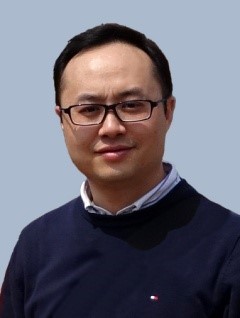
史岸冰,男,45岁,九三学社社员。现任华中科技大学同济医学院基础医学院副院长,生物化学与分子生物学系主任,教授,博士生导师。1996年获南开大学理学学士学位;2003年获美国Rutgers University-New Brunswick, NJ遗传学硕士学位;2010年获美国Rutgers University-New Brunswick, NJ细胞生物学博士学位;2010年至2012年在美国斯坦福大学和霍华德休斯医学研究所(HHMI)从事博士后研究;入选教育部“新世纪优秀人才”、湖北省“楚天学者-特聘教授”。 2015年《生物技术产业现状与发展前景》主编,2016年全国高等学校临床医学专业英文版规划教材《医学遗传学》编委,2016年全国高等学校临床医学专业器官-系统整合规划教材《人体分子和细胞基础》编委,中科院《遗传》杂志编委。中俄医科大学联盟第一届青年联盟副主席,湖北省暨武汉市生物化学与分子生物学会第十一届副理事长,湖北省细胞学会第二届理事。 从事基础医学教学和研究工作10余年。主要研究方向是细胞膜蛋白囊泡运输调控因子的遗传筛查和功能研究。主持5项国家级科研课题,3项部省级科研课题和1项校级研究科研。
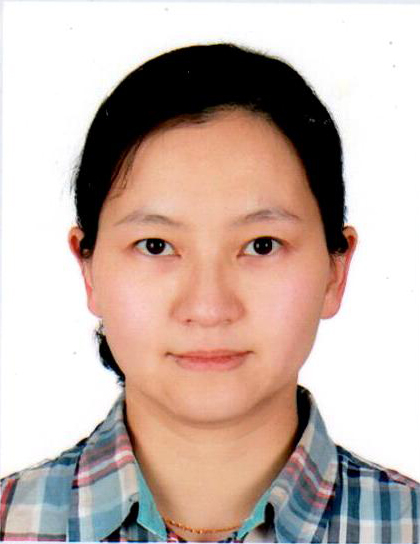
袁萍,女,1977年生,湖北宜昌人,理学博士,副教授,中共党员。毕业于原同济医科大学,留校任教至今,现任职于华中科技大学同济医学院基础医学院生物化学与分子生物学系。中国生物化学与分子生物学学会教学委员会青年委员。 自1999年以来,一直从事生物化学与分子生物学的教学和科研工作,2018年至2020年美国哈佛大学医学院访问学者。主要研究方向是肿瘤发生机制及治疗。主持国家自然基金1项,参与近10项;主持湖北省自然基金1项。此外,她还作为骨干教师参与课堂教学工作,参加湖北省教学研究项目1项,主持校级教学类研究项目6项;并作为主要成员获省级湖北省高等学校教学成果奖二等奖1项;校级教学成果一等奖2项、二等奖1项;荣获华中科技大学教学竞赛一等奖3次,校教学质量二等奖2次;参编副主编教材1本,发表教学论文2篇;指导本科生参加大学生实验设计大赛荣获一等奖1项、三等奖1项;2013年医科优秀教学论文三等奖。自2012年起,担任华中科技大学教师教学发展中心培训师。
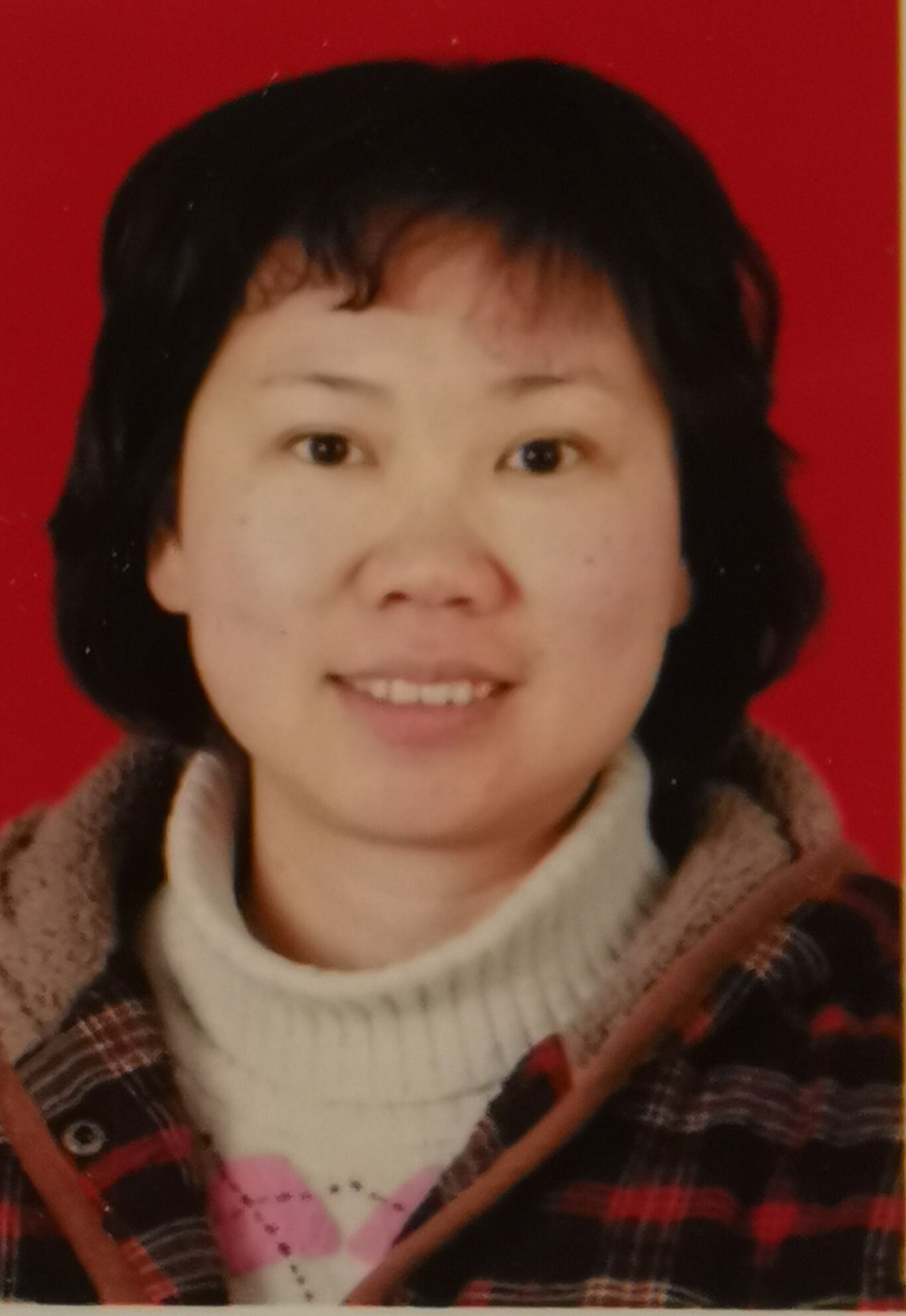
过健俐,1963年生,理学硕士,副教授。现任职华中科技大学同济医学院生物化学与分子生物学系。多年来一直从事生物化学和分子生物学的教学和科研工作。参与PBL和生物化学及分子生物学的慕课课程建设及教材编写工作,荣获校教学质量二等奖两次。
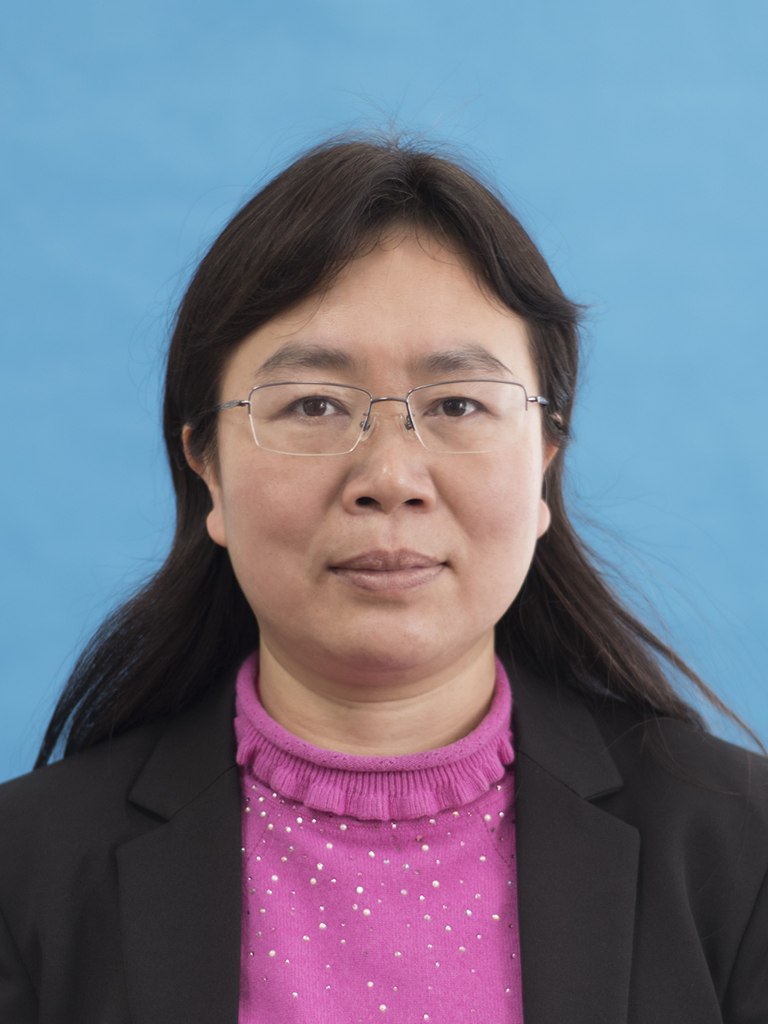
1992年毕业于同济医科大学,临床医学专业,获学士学位;1997年毕业于同济医科大学,生物化学与分子生物学专业,获硕士学位;2010年毕业于华中科技大学同济医学院,生物化学与分子生物学专业,获博士学位;2006年-2007年,美国Upstate medical university, 博士后研究。1992年大学毕业留校任教至今,生物化学与分子生物学系。曾获华中科技大学青年教师讲课比赛英文组一等奖,参与湖北省教学研究课题1项;主持过2项湖北省自然科学基金,参与过多项国家自然科学基金,发表过SCI文章多篇。